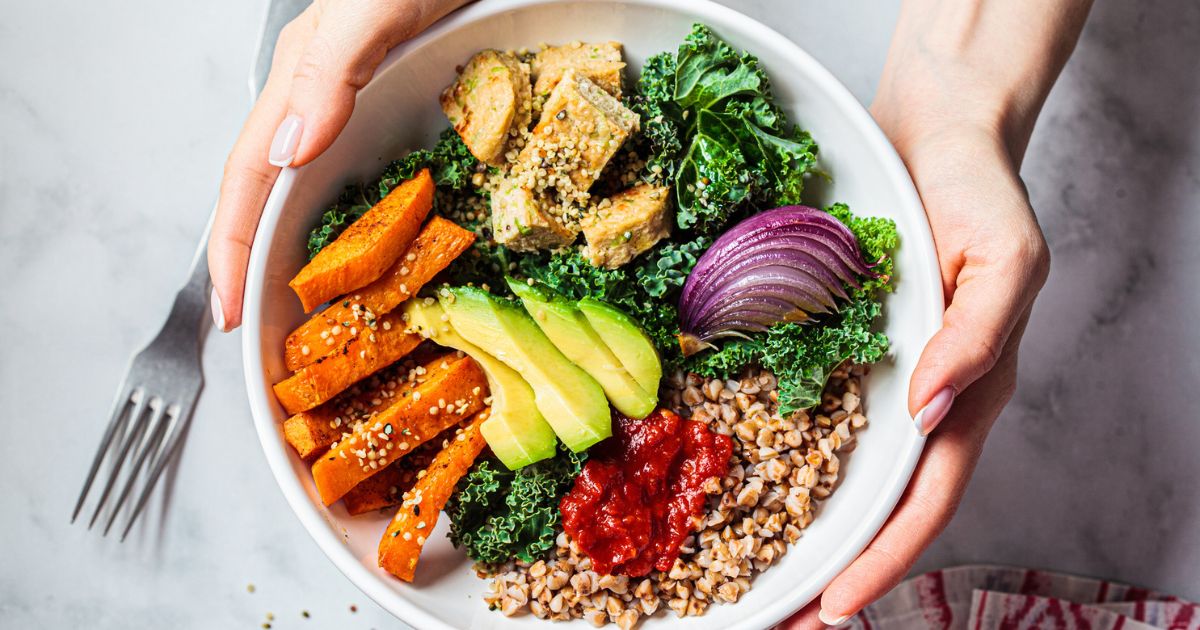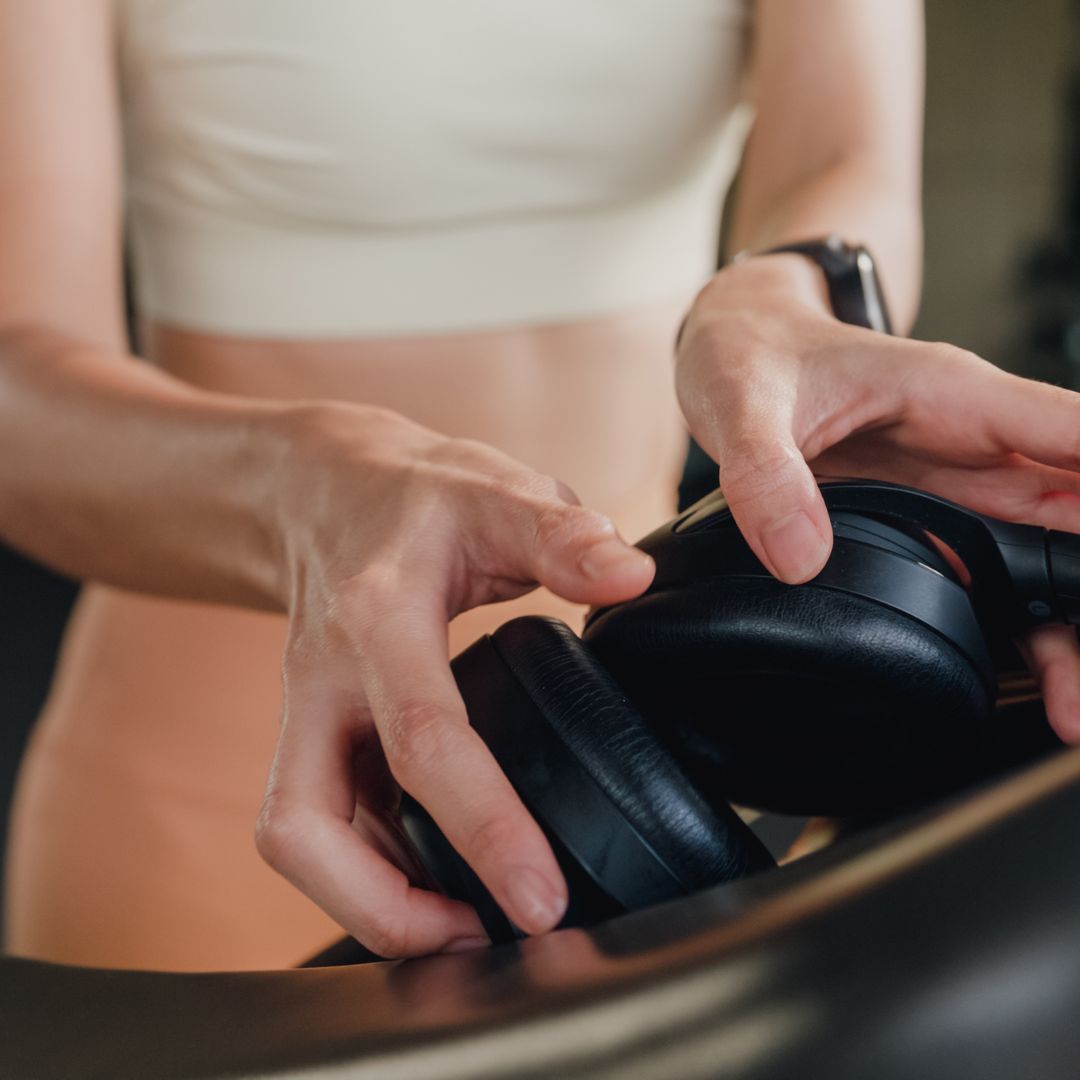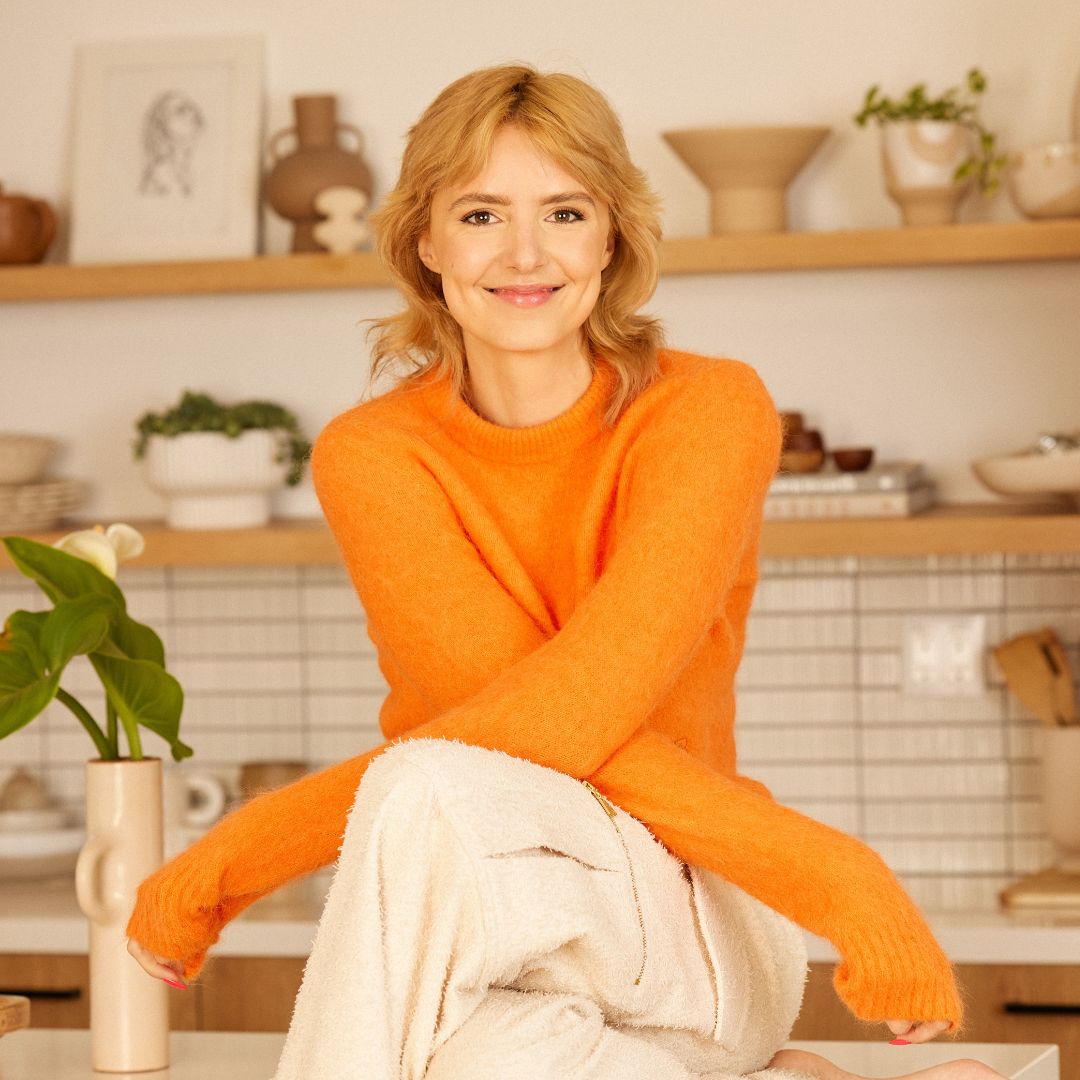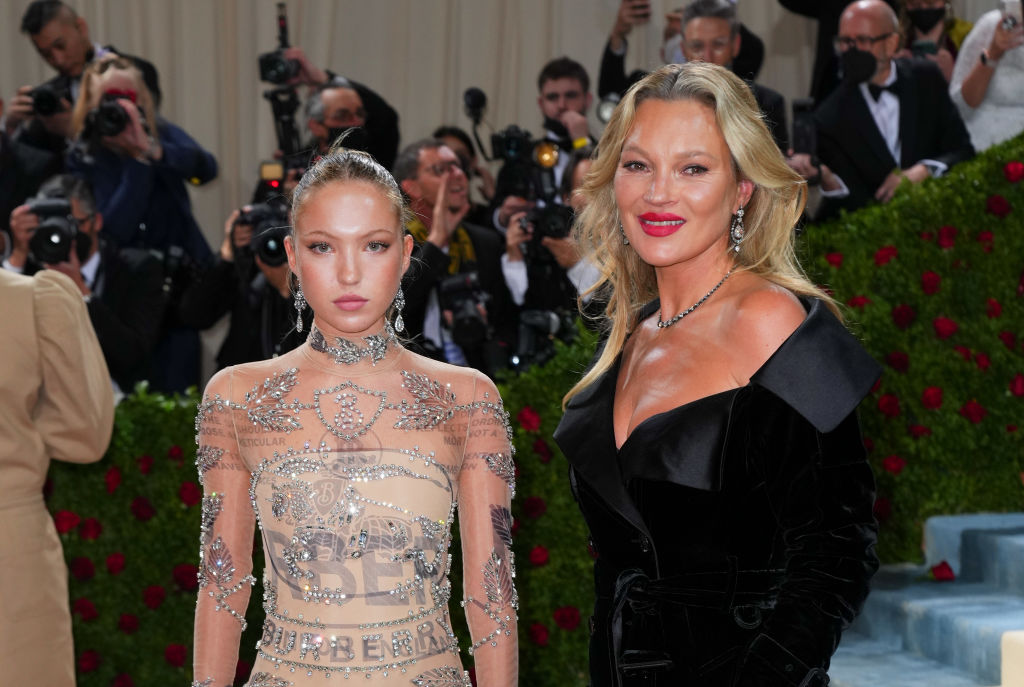Knowing how many calories you burn a day could be key to getting in your best shape ever - here's why
Top experts explain the basic need-to-knows about metabolism.


Wondering how many calories you burn in a day? If you're keen to change your body composition or learn more about nutrition, then you might be curious about daily calorie burn and metabolism.
A disclaimer first, though: if you find calorie counting triggering in any way, then know that this article isn't for you. Calories do not define your worth, and there's a lot more to nutrition than just calories.
That said, understanding your basal metabolic rate - in other words, how many calories your body burns a day simply by existing - can give you a better understanding of how your body works, plus how much food you need to fuel each day.
A bit of background, first. Calories are a unit of energy and the body uses energy to keep itself alive. We need calories to ensure our organs have the energy to do their jobs - in other words, so our brain can think and our muscles can move.
The amount of energy we use a day varies from person to person but it all boils down to our metabolism. "Our metabolism determines how we use the energy from the food we eat, and it affects everything from our weight and energy levels to our athletic performance and sense of well-being," says Michal Mor, co-founder of metabolism tracker Lumen.
You've probably heard that women require around 2,000 calories a day to survive, but if you've ever followed a fad diet or tried a calorie tracking app, you may have experimented with eating way less than that a day. That said, it's been scientifically proven not to be good for you to eat that little. In fact, research published in the journal Diabetes, Obesity and Metabolism in 2018 found that very low calorie diets reduced good cholesterol, bone capacity and muscle mass in women, which are all important elements of health.
With such mixed messages, how are you meant to know how many calories you burn - and should eat - a day? We asked top experts to explain.
Marie Claire Newsletter
Celebrity news, beauty, fashion advice, and fascinating features, delivered straight to your inbox!
How many calories do you burn a day? Your guide
What is your metabolic rate?
"You’ve probably heard people talking about having a fast or slow metabolism in the context of weight management," says Rhiannon Lambert, author of The Science of Nutrition and founder of the Rhitrition clinic. A fast metabolism means your body burns energy - or calories - quickly, and requires more than the average person to sustain itself. A slow metabolism means that the body burns energy much more slowly, so the body doesn't need as many calories to maintain its current state.
"Our basal metabolic rate is the number of calories needed to sustain life whilst an individual is doing nothing," explains Lambert. Your total daily expenditure of calories is made up of this basal metabolic rate, as well as any extra energy demands put on the body, like exercising, thinking or healing from illness.
For most, this will sit at anything from 1,500 calories to 1,800 calories a day, according to the NHS' Healthy Eating Guide.
How? Well, you might burn a few hundred calories in a workout, more when you walk to the supermarket, and your brain requires at least 20% of your daily intake to keep you sharp.
That said, it varies from day to day, person to person. "The amount of calories an individual burns on a daily basis will vary every single day. It’s influenced by a vast number of factors such as the level of physical activity you do, whether you are in a fed or fasted state and how old you are," says Lambert.
Figuring out your daily energy expenditure might help you maintain your weight. "If you are continuously consuming more energy than you are expending then it is likely that you will gain weight, and vice versa - if you consume less energy than you expend you will lose weight," says Lambert.
But it's not quite as simple as "energy in vs energy out". Not only does food quality and food timing matter when it comes to energy burn (more on that later), but weight and numbers aren't the only way to measure health.
"Counting calories is one of the most popular techniques people choose when they’re looking to lose weight but sadly I don’t think it is an effective one for the majority out there. For some, it can help build awareness of our daily consumption, but numbers do not dictate how healthy you are nor the quality of the nutrition you consume. Ultimately, food should be about enjoyment, and nourishing and fuelling your body," says Lambert.

Should I count calories?
This will totally depend on who you are, how much you exercise, and whether you think it could be beneficial to your health and wellbeing. (While some will find macro or calorie counting helpful, others might find it leads to disordered eating or priotising low calorie over nutrient dense foods).
There are plenty of calorie calculators that will establish your daily energy expenditure based on your basal metabolic rate and lifestyle factors. The best fitness trackers also come with inbuilt calorie trackers to tell you how much you're burning every day.
The problem is that some can be wildly inaccurate. "While they may encourage awareness of what you are eating, fitness trackers can misreport the number of calories burned by over 50%," says Lambert. "These trackers may also lead to disordered eating habits such as compulsive logging and exercise addiction, as well as undernourishment due to the worryingly low caloric intakes that some trackers report each day."
And it's not just watches and calculators that get it wrong. Counting your calories to balance your intake and output can often be as pointless as the numbers on food packets and doesn't always translate into our bodies. "When tracking the calories you've consumed, it can be up to 30% inaccurate as you may not absorb the full amount of energy that is released from foods in the body," says Lambert.
A small study from 2010 found that whole foods require 50% more energy to digest than ultra-processed foods, suggesting we absorb less calories from high quality meals, while other research has found that the structure of our foods impact how many calories we get from it. In 2012, a paper found that human digestive systems can't break down the cellular wall of some nuts like almonds, meaning around 20% of an almonds potential calories are unabsorbed. If the almond is chopped or blended, and the cellular structure is broken down before it's consumed, we can absorb more calories from the nut.
"Your gut health is also of big impact here - the microbiome can't function properly without high quality food, and when it isn't flourishing we don't digest and absorb foods in the same way," adds Lambert.
In short: while you can work out a rough estimate, it's difficult to know exactly how many calories you're burning or eating.
A post shared by RHIANNON LAMBERT BSc MSc RNutr (@rhitrition)
A photo posted by on
How many calories do you need to eat a day?
So how many calories do you really need to eat a day? "Recommendations of 2000 calories a day for women, and 2500 calories for men, are based upon outdated calculations from around 120 years ago and they should be adjusted depending on the person," says Lambert.
Remember: if you want to maintain your weight, you need to eat roughly the same amount as you burn. If you want to gain weight, you need to eat more and if you want to lose weight, you need to eat less. But working out the exact calories you're eating and expending is futile - there's no way of knowing if it's right and it requires excessive attention. In fact, one 2018 study found that counting calories was associated with a higher risk of eating disorders.
Not to mention, the body tends to balance out if we over- or under-eat on occasion. "Our metabolism is constantly working to maintain a balance between the energy we take in and the energy we use," explains Moor.
Lambert adds: "Rather than focus on specific meal plans with exact calorie intakes, I encourage a healthy, balanced and varied diet to help build a positive relationship with food."
Not sure what that looks like? Our guides to intuitive eating, energy boosting foods, and what to eat after a workout might help.
If themes in this article have impacted you, do know that BEAT - the UK's national eating disorder charity - are open 365 days a year from 9am – midnight during the week, and 4pm–midnight on weekends and bank holidays.

Chloe Gray is a freelance journalist who writes and talks about health, fitness, and wellbeing through a feminist lens. She was part of the launch team for Stylist magazine's fitness brand, Strong Women, and has written for i news, Women's Health, Red magazine, Good Housekeeping, Refinery29, and more. She's all about building mental and physical strength, eating delicious food that fuels you well, and making the fitness industry more accessible and enjoyable. She's also a qualified fitness trainer and research nerd, so you can be sure everything you read is backed by proper science.
-
 Prince Harry reportedly extended an 'olive branch' to Kate and William on latest UK trip
Prince Harry reportedly extended an 'olive branch' to Kate and William on latest UK tripBig if true
By Iris Goldsztajn
-
 How Prime Video is protecting Blake Lively amid her new movie promo
How Prime Video is protecting Blake Lively amid her new movie promoAn understandable move
By Iris Goldsztajn
-
 It's the must-have bit of fit kit of the year - a fitness expert shares their top 5 tips for choosing a walking pad
It's the must-have bit of fit kit of the year - a fitness expert shares their top 5 tips for choosing a walking padThis year's fitness must-buy.
By Katie Sims
-
 Constantly low energy and craving sugar? You could be experiencing blood sugar spikes
Constantly low energy and craving sugar? You could be experiencing blood sugar spikesHere's how to spot the tell-tale red flags.
By Ally Head
-
 Did you notice? Kate Moss’s daughter Lila wore her insulin pump to the Met Gala
Did you notice? Kate Moss’s daughter Lila wore her insulin pump to the Met GalaAnd we are *so* here for it.
By Ally Head